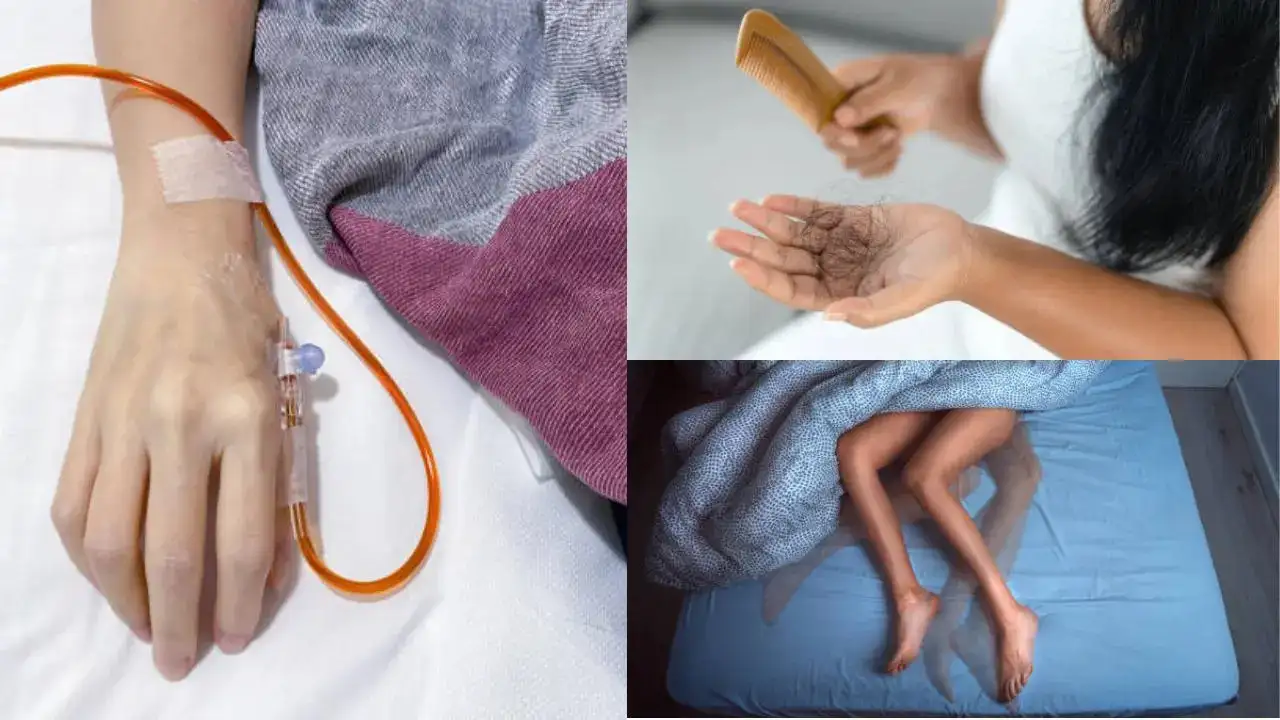
Critically low levels of hemoglobin or iron can be fatal - especially if you already have an underlying health condition
Deficiency of iron—one of the most important macronutrients—is extremely common among most people, especially women. According to experts, iron deficiency describes when a person does not have enough iron in their body and stops producing hemoglobin. When this happens, red blood cells cannot deliver the oxygen necessary to keep cells working at an optimal level.
Doctors say critically low levels of hemoglobin or iron can be fatal - especially if you already have an underlying health condition. A few weird symptoms of the condition and its complications include:
Swelling on your tongue
When your iron levels are extremely low, you may have your tongue inflamed, and it may appear to be multiple shades of red. There may also be a lot of swelling or pain, which flattens the tongue’s grooves, making it appear smoother than usual.
Doctors say all of these symptoms are indicative of glossitis - or tongue inflammation.
Restless leg syndrome
If you are dangerously low on iron, you may develop restless legs syndrome, symptoms of which come on at night and include an overwhelming urge to move your legs all the time.
According to experts, those with restless leg syndrome are not able to sleep very well because they experience broken sleep. Studies have observed that iron therapy can reduce the symptoms of RLS significantly, but it is unclear how effective iron therapy is compared with pramipexole, which is a medication that helps treat moderate to severe signs of this condition.
Incessant hair loss
Iron deficiency can lead to severe alopecia—a medical term for hair loss. Doctors say since iron is a crucial component of hemoglobin – which sends oxygen and nutrients to hair follicles responsible for hair growth—a lack of red blood cells can reduce it, hence leading to the condition. And so, when your iron levels are low, your body may not have enough oxygen to support healthy hair growth—causing hair thinning, increased shedding, and potentially, hair loss.
Whooshing in the ear
Also known as tinnitus, it is a major symptom of iron deficiency and cannot be reversed. Doctors say those with tinnitus may be able to hear their own pulse or heartbeat—and it can manifest as buzzing, ringing, or hissing sounds inside your head.
Who is at risk of iron deficiency?
According to doctors, iron deficiency is more common in women and those who consume a low amount of iron in their diet. However, you may be at risk of iron deficiency if you:
- Experience heavy menstruation
- Have undergone major abdominal surgery
- Are pregnant or have recently given birth
- Have undergone gastric bypass surgery or similar procedures
- Have a peptic ulcer
- Have a gastrointestinal disease like celiac disease or inflammatory bowel disease.
- Follow a diet low in iron-rich foods like a vegetarian or vegan diet
- Most children who drink more than 30 grams of cow’s milk daily are also more at risk of developing the condition.
Get Latest News Live on Times Now along with Breaking News and Top Headlines from Health and around the world.
